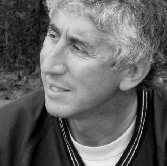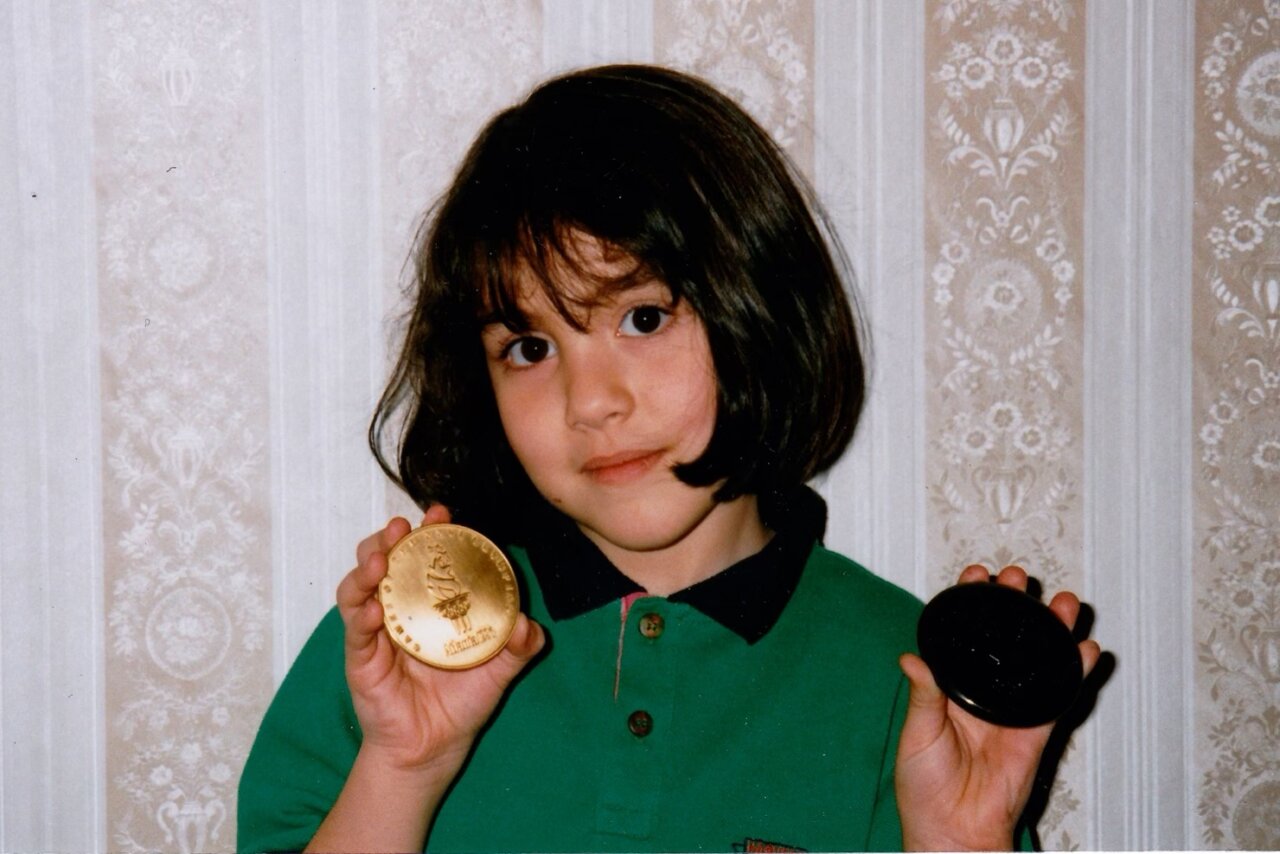Updated on October 30, 2023.
Melissa Humana-Paredes comes by beach volleyball.
Her father, Hernan Humana, coached the Canadian Men’s team of Mark Heese and John Child to Canada’s first and only Olympic Beach Volleyball medal – a Bronze in the Atlanta games of 1996. A life of struggle and oppression in 1970’s autocratic Chile makes this feat even more unbelievable than those of many others who have toiled and grinded to achieve greatness.

Hernan Humana was a part of a big, loving family based in Chile. As a kid, he was the tallest boy in his village. He kept growing, eventually topping off as the 6’5” living legend in his home town. Hernan was recruited for the basketball team and quickly excelled. But, as fate would have it, he was introduced to the world of indoor volleyball. Hernan couldn’t resist. He wasn’t necessarily good (and definitely not better than he was at basketball), but he felt that spark, that difference that so many volleyball players have found on their first day of playing. “He liked the atmosphere and environment better,” his daughter and AVP star Melissa states. “And he would rather be in an environment he enjoyed.”
Hernan played on Chile’s national team while attending university for physical education. When he was 20, Chile’s infamous dictator Pinochet came to power and turned the country on its head. Hernan’s parents and siblings fled to Canada, but Hernan stayed to continue his education and compete for his country. “The stories I’ve heard… it was a really traumatic experience. There was a lot of loss in his life; some pretty unfathomable things happened,” shared Melissa.
Hernan continued playing for the national team to represent the voiceless, the repressed, the tortured, the disappeared, the ones forced out of the country. While playing, the government took notice of his father’s publication of a Canadian anti-Pinochet newspaper. An involved friend tipped Hernan off that his name had been added to a list that one would never wish to be on. “It sounds like a movie,” Melissa says, “but that’s what it was like back then. Anyone who was vocally opposed to the government would be taken.”
Once Hernan was alerted to his Chilean fate, he absconded to Canada to start a new life close to his family. He had to start over completely, in both school and sport. Hernan’s Chilean education was not recognized as transferable in Canada. He attended undergrad and earned his Master’s degree from York University. While in school and raising a family, he directed and owned a bilingual political newspaper until he landed jobs coaching at various clubs and teaching at York.
It was at one of those clubs where he met future Olympians Mark Heese and John Child – two indoor guys who decided to take up beach. The burgeoning stars asked Hernan to be their coach. At the time, he didn’t have much beach experience, but they trusted that he would put the work in needed to reach their goals. When you know a man has fled an oppressive regime and worked his way up from literally nothing, you can tell a lot about his work ethic and resolve.
Sure enough, Hernan earned his stripes. Under his coaching, Mark and John went to the Olympics and earned the Bronze. As Hernan achieved this incredible goal, his three-year-old daughter Melissa was soaking it in, beginning to write her own future. “He brought back a Bronze medal from that Olympics, which is Canada’s first and only Olympic medal [in beach volleyball],” she notes. “Hopefully, one day, I will join in being part of that company and continue that legacy that my dad and his team started all those years ago.”

A young Melissa Humana-Peredes shows off her father’s Olympic Bronze medal from the 1996 Atlanta Games.
Though she was very young, Melissa remembers much of that time in her family’s life. “It was very influential for me in realizing what it took to go to the Olympics.” In the lead-up to 1996, Hernan was away a lot. Before each trip, he would chart which cities he’d be traveling to with pushpins on a massive paper map. “He would leave a little note or souvenir or send a postcard from each place. I still have that map. He made us feel a part of the journey.” Baby Melissa had a front seat to the ups and downs, the sacrifices and rigor needed to make it to the Olympics.
She started beach young – younger than most. “I was an anomaly growing up in the volleyball world in that I did beach volleyball first and did indoor volleyball later in life. I always knew I had a place in the beach volleyball community. It felt more like family to me. I grew up on the beaches and was part of the community from a young age, just watching my dad and being by his practices. That felt like home to me.”
In true Hernan fashion, he made a way when they didn’t seem to be one. When Melissa and her brother were kids looking for a place to train, there were no beach clubs in Toronto. So Hernan started one and coached his two kids, along with other elite players including Canada’s Sam Schacter. “We had some interesting family dynamics managing the father/daughter coaching relationship. I think we did a good job of it.”
Melissa’s dad is still her biggest fan. As a professor, Hernan gets the summers off, so he can see his daughter play a lot. “He’s been there for a lot of my biggest moments.” Like her first FIVB win in Porec, Croatia, qualifying for the 2020 Olympics at the Hamburg World Champs, and winning the Montreal FIVB just this past summer. “I’m really lucky my parents are able to travel as much as they can. It’s nice to see him in the stands.”
Melissa recounted all of this in just 15 minutes, a heavy and twisting journey of perseverance that she has tattooed on her heart. Hernan has told her and her brother these stories their whole lives. He wrote it all down in a book, Playing Under the Gun, mainly to share with his children everything that had happened.
“It made me look at my family and my parents and see their experiences in a whole new way. I found a whole new appreciation for the trauma they went through and wanting to find a better life in coming to Canada. I’m sure there are some details I’m missing! But it’s a pretty cool story.”
____________
Main Photo Credit: Steve Gentry/Bair-Dog Photography